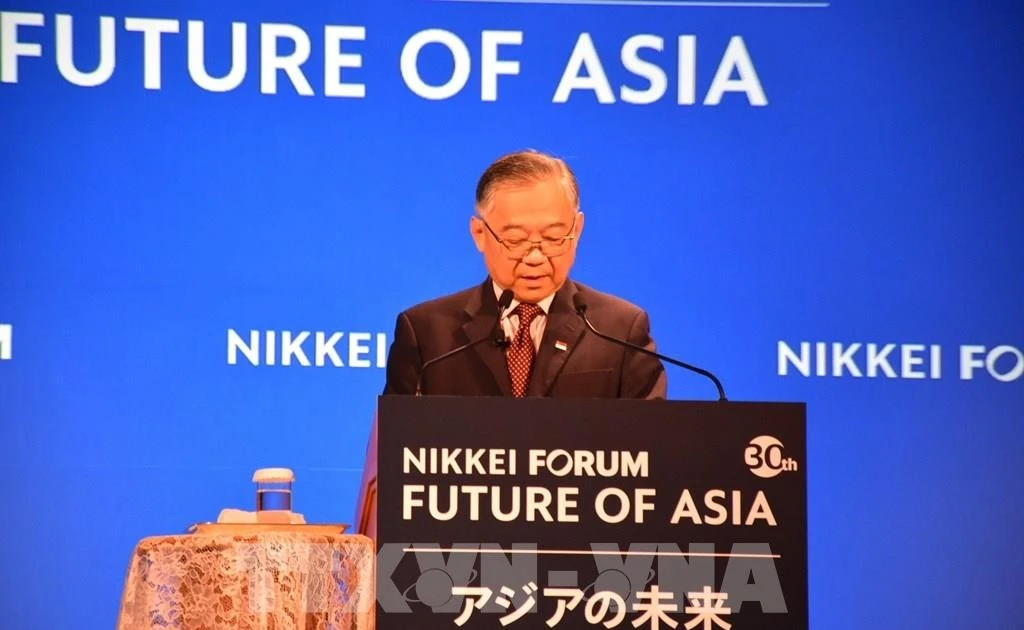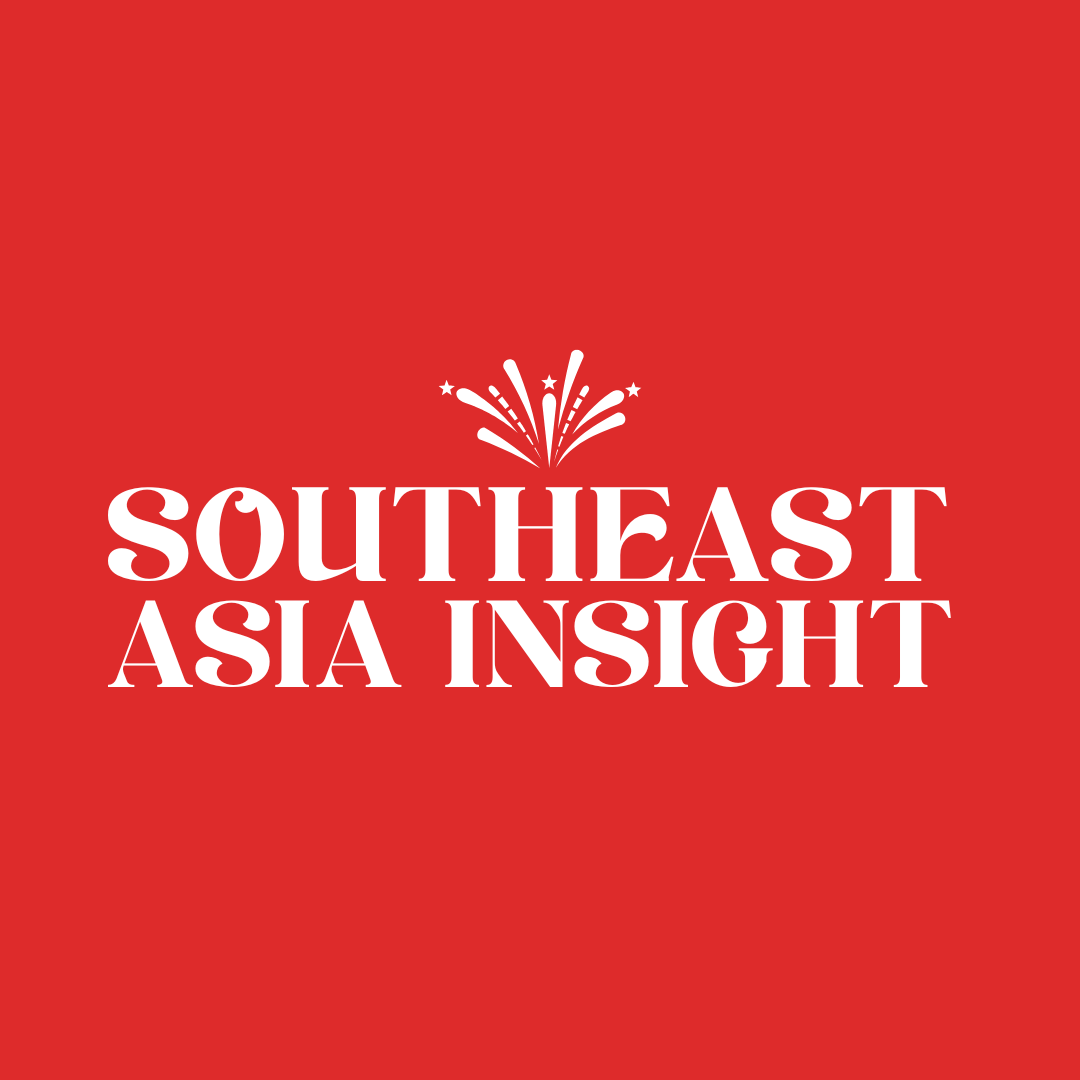Singapore's DPM Charts Path for Asian Economic Leadership
Singapore's Deputy PM Gan Kim Yong presents a strategic vision for Asia's economic leadership, emphasizing stability, integration, and inclusive progress as key differentiators in a fragmented global landscape.

Singapore Deputy Prime Minister Gan Kim Yong delivering keynote address at Caixin Asia New Vision Forum 2025
Singapore's Deputy Prime Minister and Minister for Trade and Industry Gan Kim Yong outlined a bold vision for Asia's economic future during the Caixin Asia New Vision Forum 2025 in Singapore on September 11. His keynote speech emphasized the region's potential to emerge as a beacon of stability and innovation in an increasingly fragmented global landscape.
Three Pillars for Asian Economic Leadership
In a time when Singapore's business landscape shows remarkable resilience, DPM Gan proposed three key areas for Asia to differentiate itself:
- Regional Stability: Maintaining open dialogue channels and exercising restraint during conflicts
- Economic Integration: Advancing regional cooperation through initiatives like RCEP
- Inclusive Progress: Embracing diverse approaches to digital and environmental transitions
Building on Singapore's Success Model
The vision builds on Singapore's proven development model, which has consistently demonstrated the value of strategic planning and regional cooperation. The country's approach to cross-border cooperation and regulatory excellence serves as a blueprint for regional integration.
"Amid this turbulence, Asia has an opportunity to stand out," stated DPM Gan, highlighting the region's unique position to offer stability in an uncertain world.
Challenges and Opportunities
The Deputy Prime Minister acknowledged several global challenges:
- Intensifying strategic rivalries
- Rising protectionist tendencies
- Stress on global commons including trade and climate cooperation
However, these challenges present opportunities for Asia to demonstrate leadership through inclusive cooperation and progressive policies, particularly in areas such as low-carbon transition and digital economy development.
Wei-Ling Tan
Tech and economy specialist, covering innovation in Southeast Asia from Singapore for both English-language and regional media outlets.
